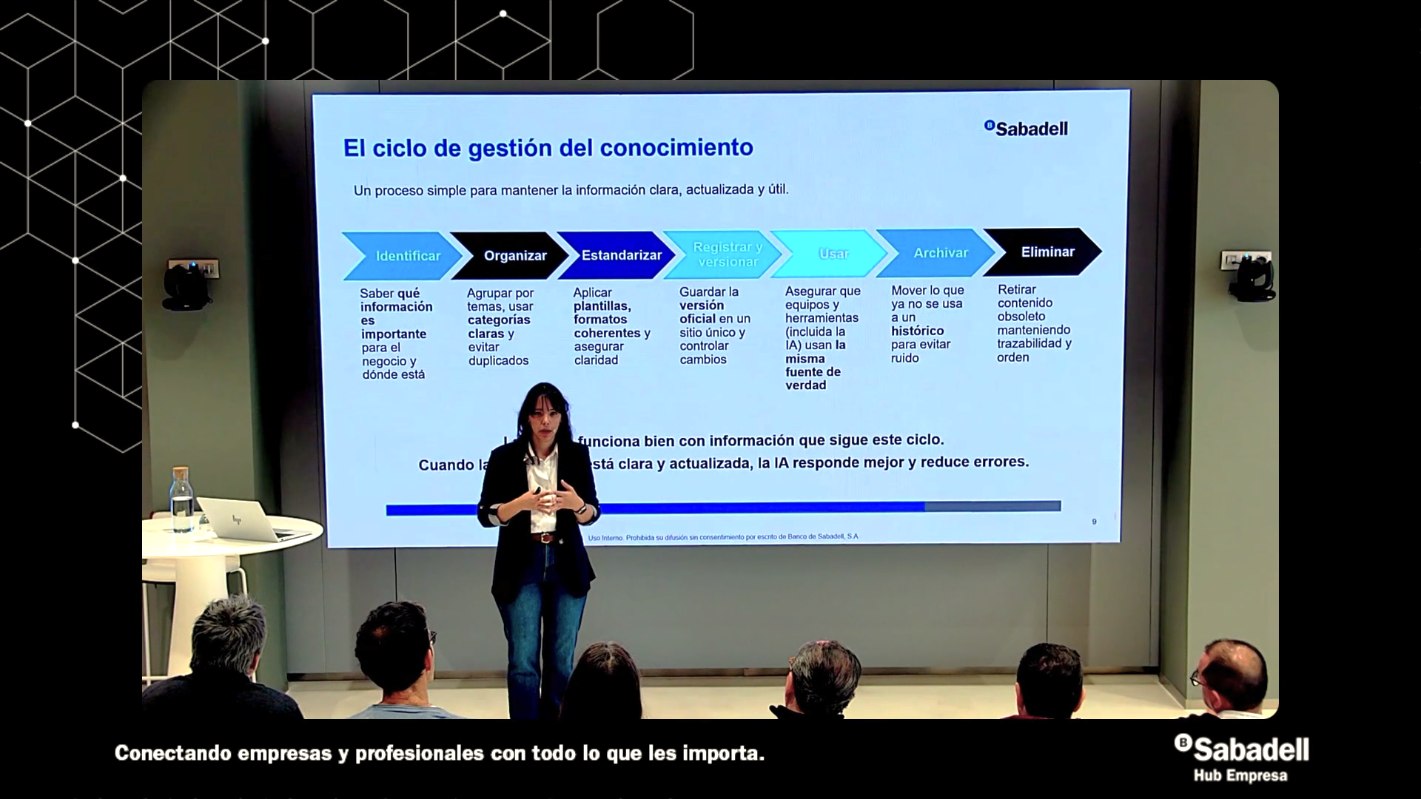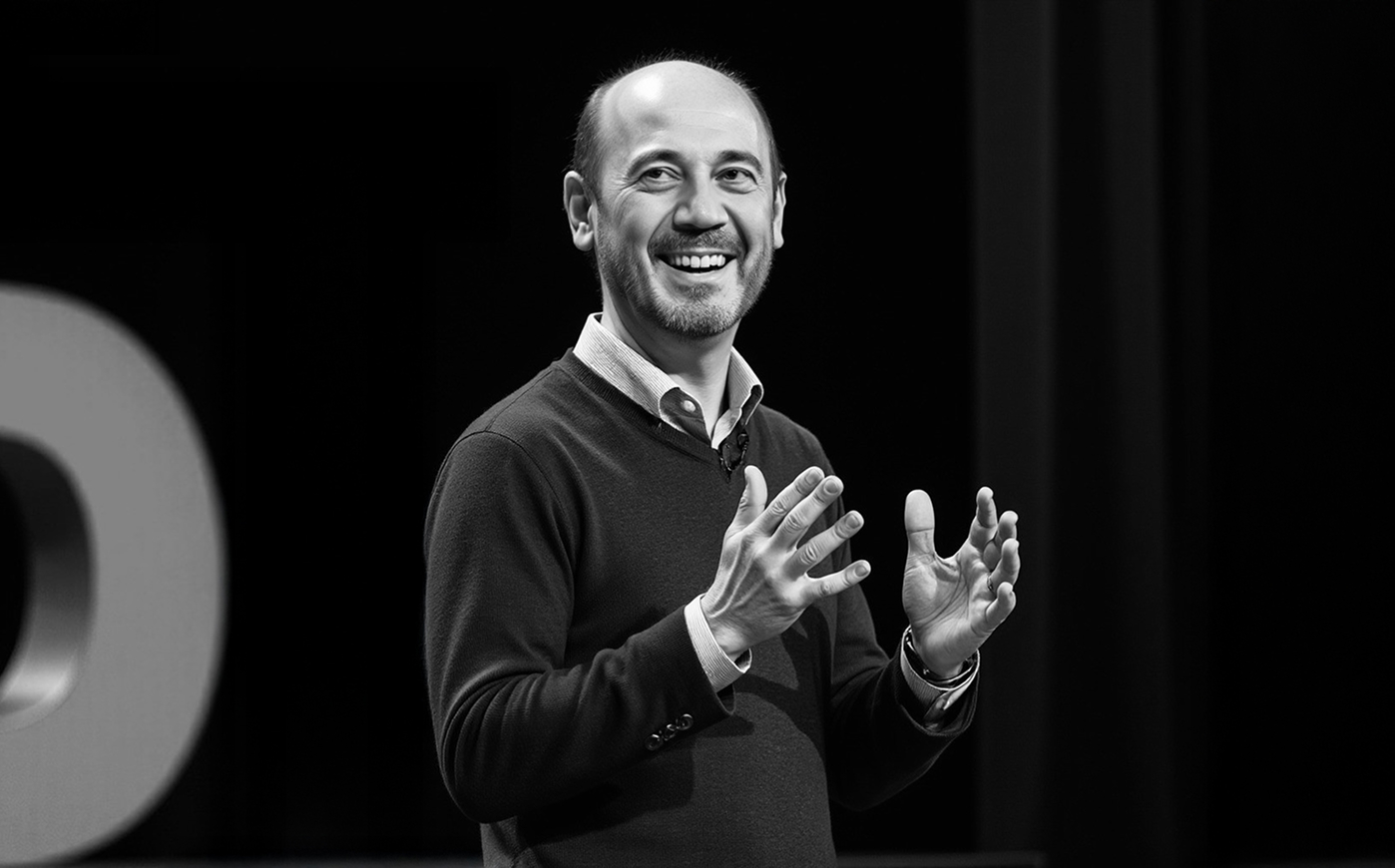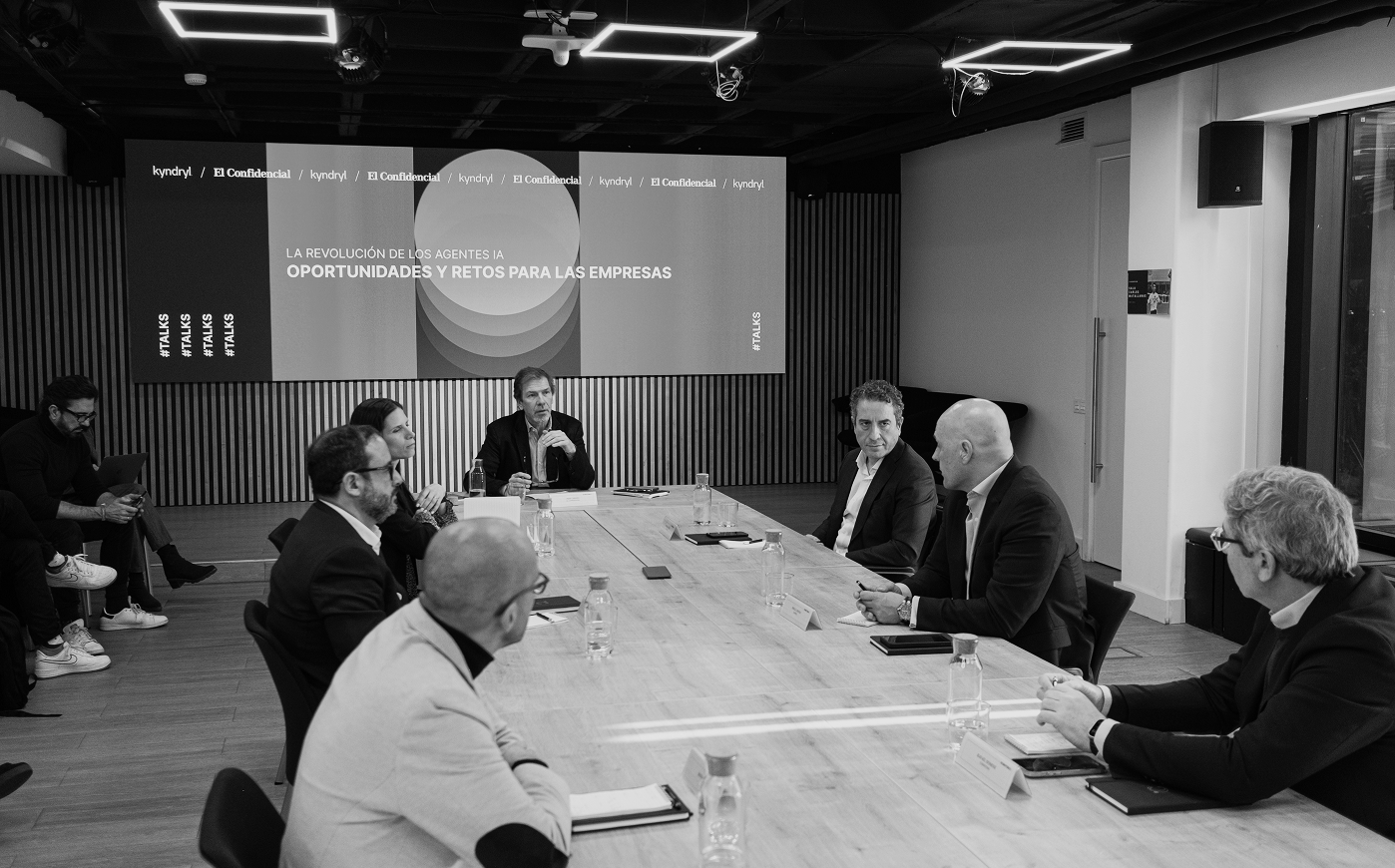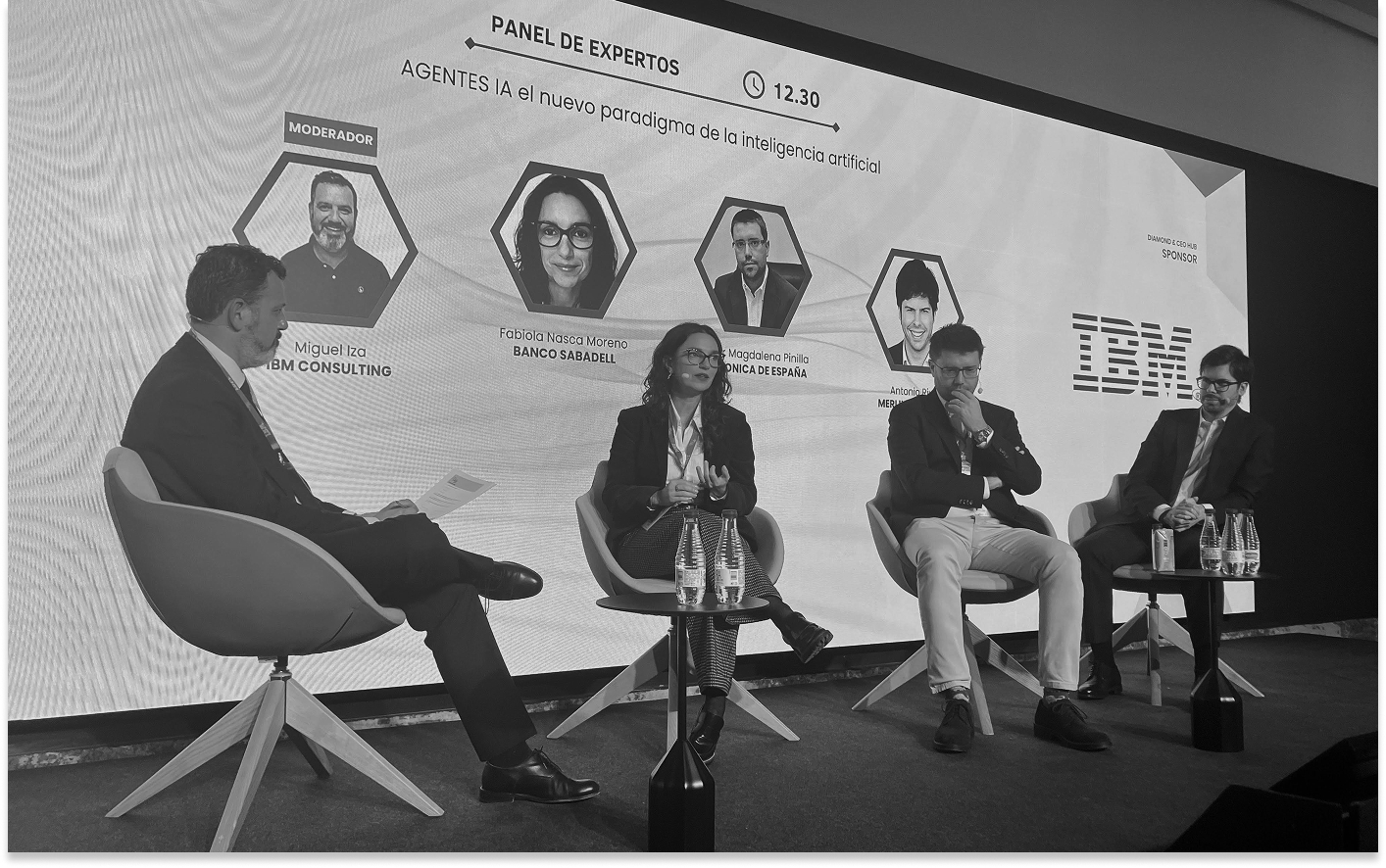Artificial intelligence (AI) is no longer a promise of the future; it is a reality that is transforming our present. In March, ChatGPT became the most downloaded app in the world, surpassing giants such as Instagram and TikTok. However, this is not a passing trend, but a structural shift that is redefining industries, jobs and ways of interaction.
At Banc Sabadell, the Data, Analytics & AI unit closely monitors these changes through an observatory, which allows us to identify the latest trends and developments, understand what is happening and analyse how it can be applied within the bank. Below, we share a selection of recent news items that reflect the progress of AI and its growing impact:
A New Era of Maturity for AI
The recently published AI Index 2025 from Stanford reveals that AI has entered a new phase: more mature, faster, more accessible and far more integrated into business operations.
- Enterprise adoption is surging: Over 70% of large companies in the United States already incorporate AI tools into their processes.
- Global investment in AI has reached a new record, driven by the healthcare, finance and retail sectors.
- Open-source models are now competing with market leaders such as GPT-4, Claude and Gemini. The performance gap between proprietary and open-source models is narrowing, reshaping the global technological landscape.
New Skills, New Paradigms
AI is redefining the skills required across multiple sectors—from healthcare to finance, and from industry to marketing. In the programming world, the concept of “vibe coding” has emerged as the latest trend.
What is “vibe coding”?
It is a way of building applications by speaking to an AI system, without writing any code. It promises a revolution in app development. According to various experts:
- It democratises programming. Although useful, it does not entirely replace the technical knowledge required for complex projects.
- It increases developers’ productivity, turning them into “2x or 3x engineers”, and makes programming more accessible to those intimidated by code, enabling more intuitive creation.
- It opens the door to a future where programming becomes more conversational, through direct interaction with code repositories
Towards the Era of AI Agents
Estamos ante una evolución del sector financiero profunda: la llegada de los Agentes de IA autónomos. A diferencia de los modelos actuales que requieren instrucciones humanas constantes, estos agentes son capaces de:
The financial sector is experiencing a profound evolution: the arrival of autonomous AI agents. Unlike current models, which depend on continuous human input, these agents are capable of:
- Perceiving, reasoning, acting and learning independently.
- Collaborating on complex tasks without direct supervision.
- Personalising interactions, improving decision-making accuracy, and adapting to changing markets.
For the financial industry, this represents a revolution in efficiency and operational autonomy.
More human interactions
AI allows us to tailor our responses precisely and personally, according to our needs and desires, as demonstrated in this article:
- “Prompts can be designed to reflect specific nuances, such as the Žižekian approach, which adds a layer of philosophical depth to interactions with AI.”
- “This ability to adjust AI behaviour through specific prompts not only enhances the relevance and quality of responses but also opens the door to richer and more meaningful interaction.”
- “By being able to configure AI to respond in ways that align with our expectations and contexts, we are transforming the way we relate to technology, making it more intuitive and adaptive to our individual needs.”
AI is also transforming mental health
A recent clinical trial at Dartmouth demonstrated that an AI-based therapy chatbot, Therabot, delivers results comparable to those of human-led therapy. Trained in evidence-based cognitive therapy, Therabot engages in natural, open conversations with users and adapts its responses in real time. The main findings of this trial are:
- A 51% reduction in depression symptoms, comparable to traditional therapy.
- A 31% decrease in anxiety, with many participants moving below clinical diagnostic thresholds.
- A 19% improvement in concerns about body image.
- High levels of trust and emotional connection between users and the AI.
This marks a turning point in how we understand digital emotional care.
Is AI already involved in political decisions?
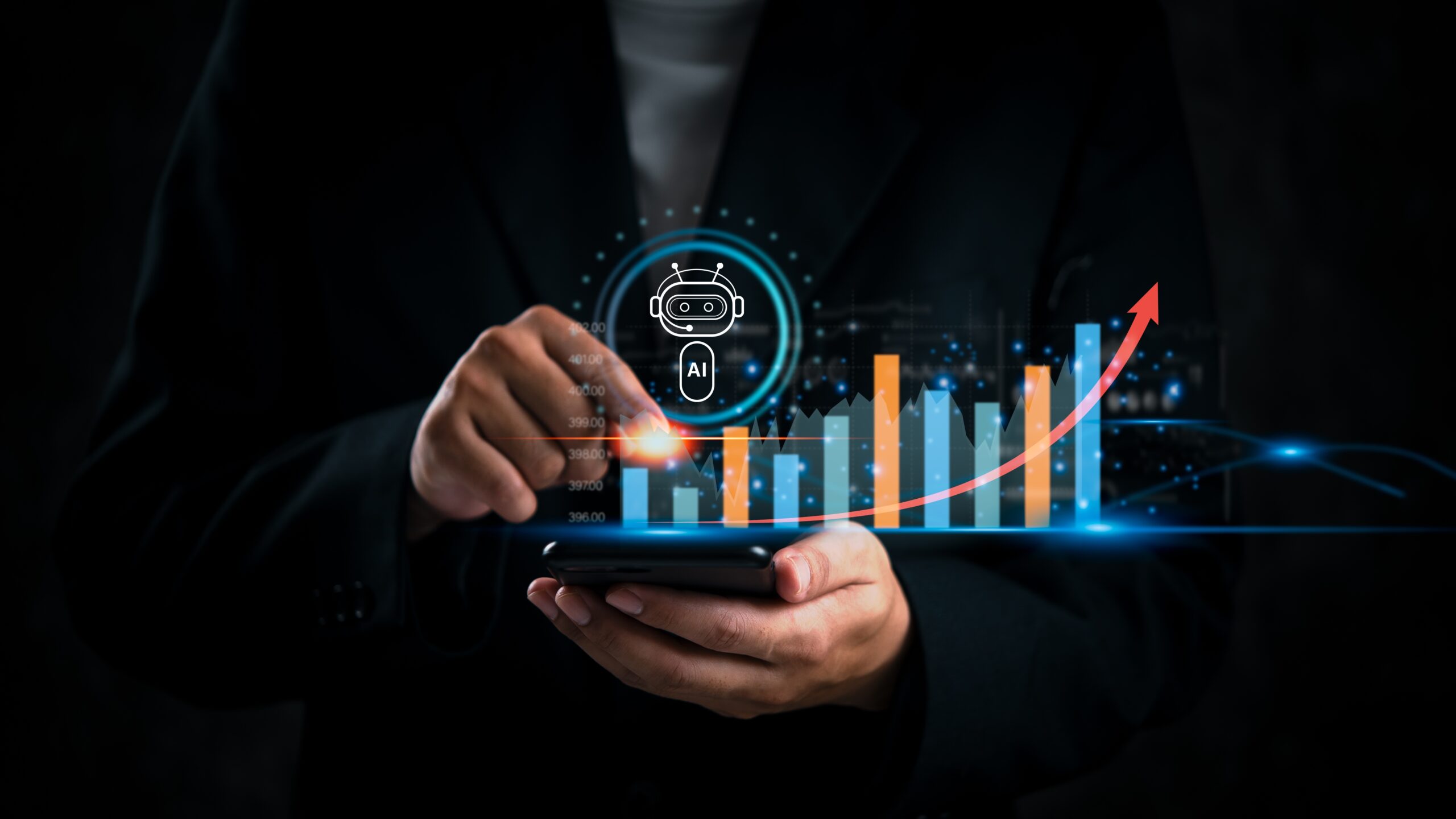
On social media, there has been speculation that the White House may have used AI to design its recent—and controversial—tariff policy. Models such as GPT-4o, Gemini 2.5, or Grok provide analyses that closely align with the decisions made, reopening the debate about AI’s influence on public policy.
A clear conclusion: AI is no longer optional
As we can see, the news varies, but the message is clear: the change is profound and accelerating. For Banc Sabadell and any organisation, this means:
- Staying alert and acting swiftly.
- Applying AI strategically and ethically.
- Becoming a key player in this new era.
Artificial intelligence is no longer reserved for a technological elite. We have entered a phase of normalised, everyday, practical, and necessary AI. In this new landscape, our role as an innovative bank is crucial to harnessing its potential for the benefit of our clients and society.


